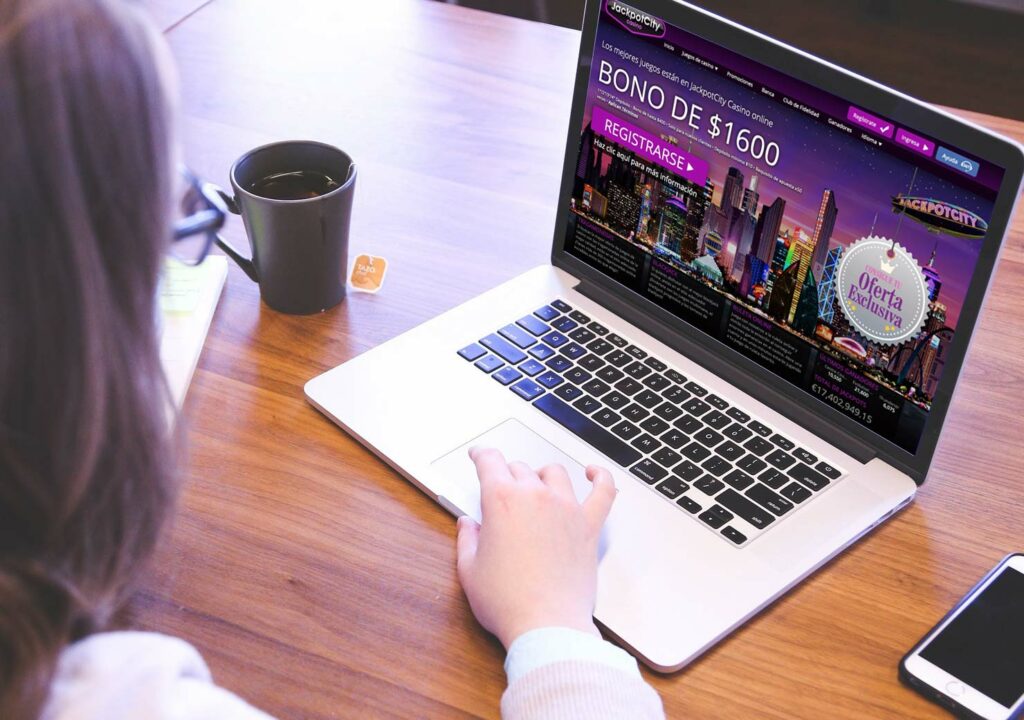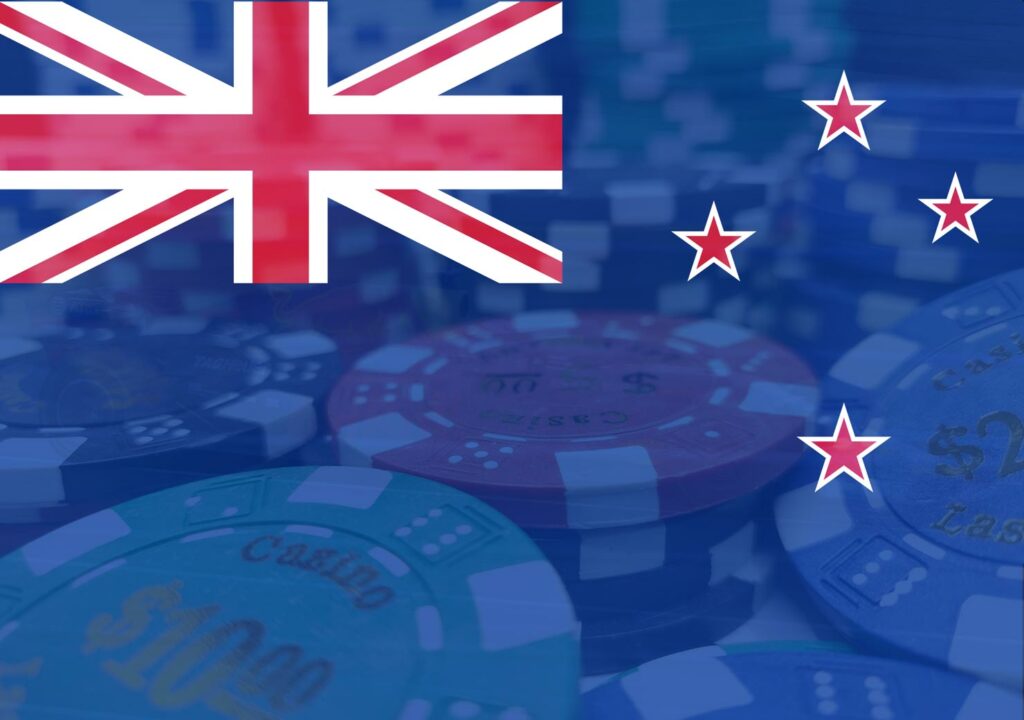The Best Online Casinos that Accept NZD: Our Top Picks
The online casino industry has grown tremendously in recent years. More and more players opting to play their favorite games online. New Zealand players have a wide range of online casinos that accept NZD, making it easy to enjoy their favourite games without having to worry about exchange rates. Here we’ll highlight some of the…
Read more








Recent Comments